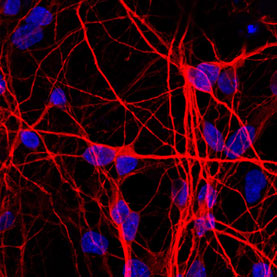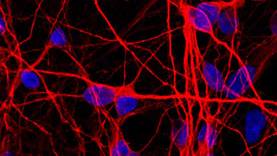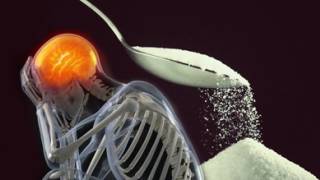Brain Cells Made from Urine
Source: scientificamerican.com
Human excreta could be a powerful source of cells to study disease, bypassing some of the problems of using stem cells, such as the risk of developing tumors and difficulties in obtaining blood samples from children.Some of the waste that humans flush away every day could become a powerful source of brain cells to study disease, and may even one day be used in therapies for neurodegenerative diseases. Scientists have found a relatively straightforward way to persuade the cells discarded in human urine to turn into valuable neurons.
 Getting neurons from cells discarded in urine, may one day help develop therapies for neurodegenerative diseases like Parkinson’s disease. |
Researchers routinely reprogram cultured skin and blood cells into induced pluripotent stem (iPS) cells, which can go on to form any cell in the body. But urine is a much more accessible source.
Stem-cell biologist Duanqing Pei and his colleagues at China’s Guangzhou Institutes of Biomedicine and Health, part of the Chinese Academy of Sciences, had previously shown that kidney epithelial cells in urine could be reprogrammed into iPS cells.
However, in that study the team used retroviruses to insert pluripotency genes into cells — a common technique in cell reprogramming. This alters the genetic make-up of cells and can make them less predictable, so in this study, Pei and his colleagues introduced the genes using vectors which did not integrate in the cellular genome.
One of their experiments produced round colonies of reprogrammed cells from urine that resembled pluripotent stem cells after only 12 days — about half the time usually required to produce iPS cells. When cultured further, the colonies took on the rosette shape common to neural stem cells.
Tumor-free
Pei and his colleagues transferred the cells to a growth medium used for neurons, and found that these reprogrammed cells went on to form functional neurons in the lab.
When the team repeated the experiment and transplanted the cells into newborn rat brains, the cells did not form tumors. Instead, when the brains were examined four weeks later, the cells had taken on the shape and molecular markers of neurons.
[...]
Read the full article at: scientificamerican.com






















